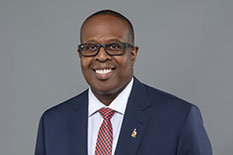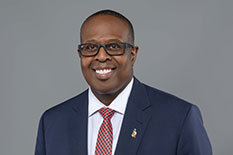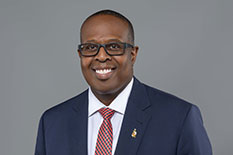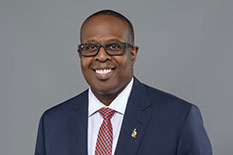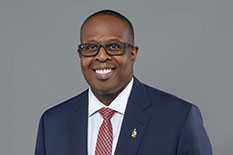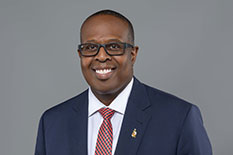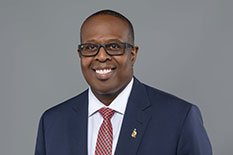News Story
Reimagining Learning: Educating the Engineers of Tomorrow
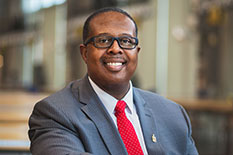
Creating a strong educational and research environment to produce engineers that push the boundaries of technology, meet future workforce needs, and address societal challenges is core to our mission at the Clark School. The evidence of us achieving this mission is seen through our outstanding students, impactful research, and translation of technology to society. To maintain our strengths, we must continually evaluate where our disciplines are going, where we can make an impact, and how to prepare for the unforeseen challenges of tomorrow.
In alignment with the campus strategic plan, we are reimagining learning in two fundamental ways:
- Fostering excellence and enhancing our curriculum
- Committing to diversity in our programs
Fostering excellence and enhancing our curriculum
The Clark School has an outstanding tradition of excellence in engineering education. We have superb faculty and staff who have built world-class educational programs, written leading textbooks, and designed laboratory and experiential learning facilities that support our students. Our incredible support services help students navigate the opportunities and challenges of our programs and play a major role in our success. Building on this foundation, we must respond to changing dynamics and opportunities to prepare our students for tomorrow.
Artificial intelligence and machine learning (AI/ML) as well as data science are bringing new and exciting changes to the development and application of technology. We are already seeing these applications play important roles in the advancement of autonomous and intelligent systems, bioengineering, transportation, manufacturing, design, materials discovery, and many other disciplines within engineering.
This presents us a chance for exploration and growth: how and when do we introduce the concepts of AI/ML and advanced data analytics to students in our engineering curriculum? Do students need to enroll in computer science to learn these topics? Can these topics be blended into our current curriculum? Do we have the flexibility in our degree programs to allow students the choice of blending engineering with computer science?
At the same time, researchers will increasingly work on topics like sustainability, climate change, and food security. The success of solutions coming from these studies will be partially determined by the diversity of people doing this work and our students’ understanding of society. This will undoubtedly require stronger partnerships with social sciences, public health, public policy, business, and humanities. If we truly want to impact society through our innovations, our students will need to have a better understanding of how to design and create for society in a true multidisciplinary manner.
Committing to diversity in our programs
We will also need to ensure that we are providing robust opportunities for students from all demographics of society to obtain degrees in engineering. Diversity brings strength to our innovation process and solutions. It remains up to us in academia to ensure that we are reaching a diverse set of students to continue to impact our state and the nation. As a land grant institution, the University of Maryland takes its mission of educating the diverse students of our state very seriously. We have a robust transfer student program in addition to our direct admissions process in the freshman year, and outreach programs in our state’s rural and urban regions. We are proud of the impact we are having on our state. As we reimagine learning, we must evolve in not only what we teach, but how we ensure we are reaching the students we have been charged to educate. We remain committed to diversity and the strengths that it brings to the Clark School community.
As we work towards a 2030 Clark School Vision, redefining how we educate our students is an essential step. We must innovate to address the needs of our students. As our strategic planning process continues, we are excited to discover, discuss, and catalyze our priorities for creating an even stronger educational program.
Samuel Graham, Jr. (he/him/his)
Dean and Nariman Farvardin Professor
Published July 6, 2023

